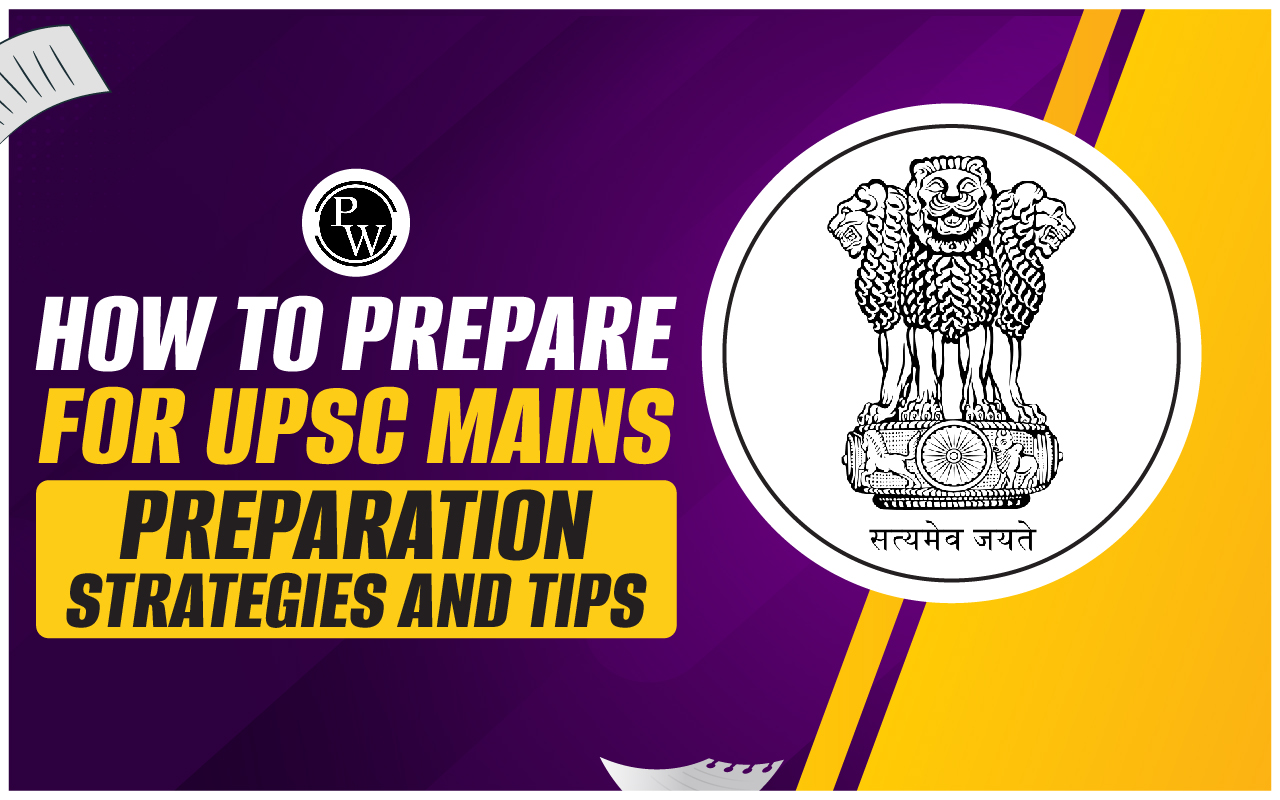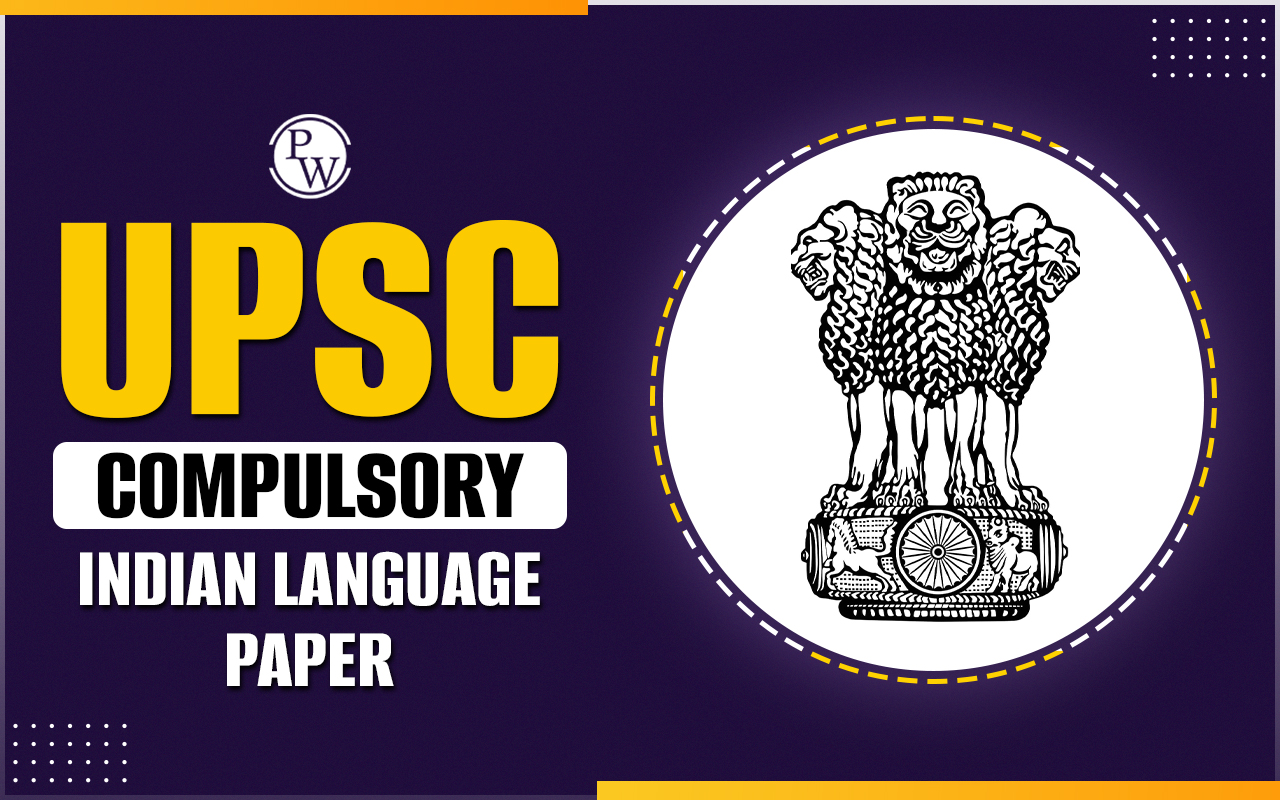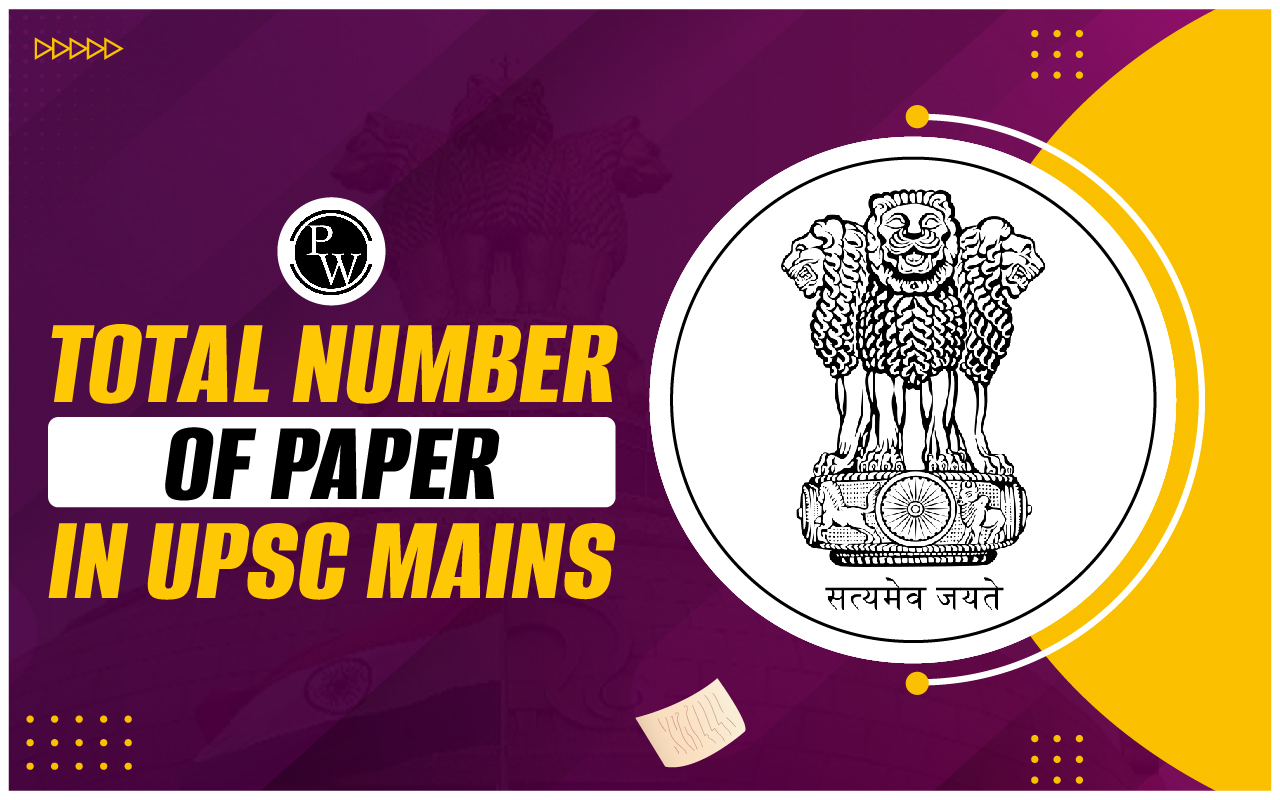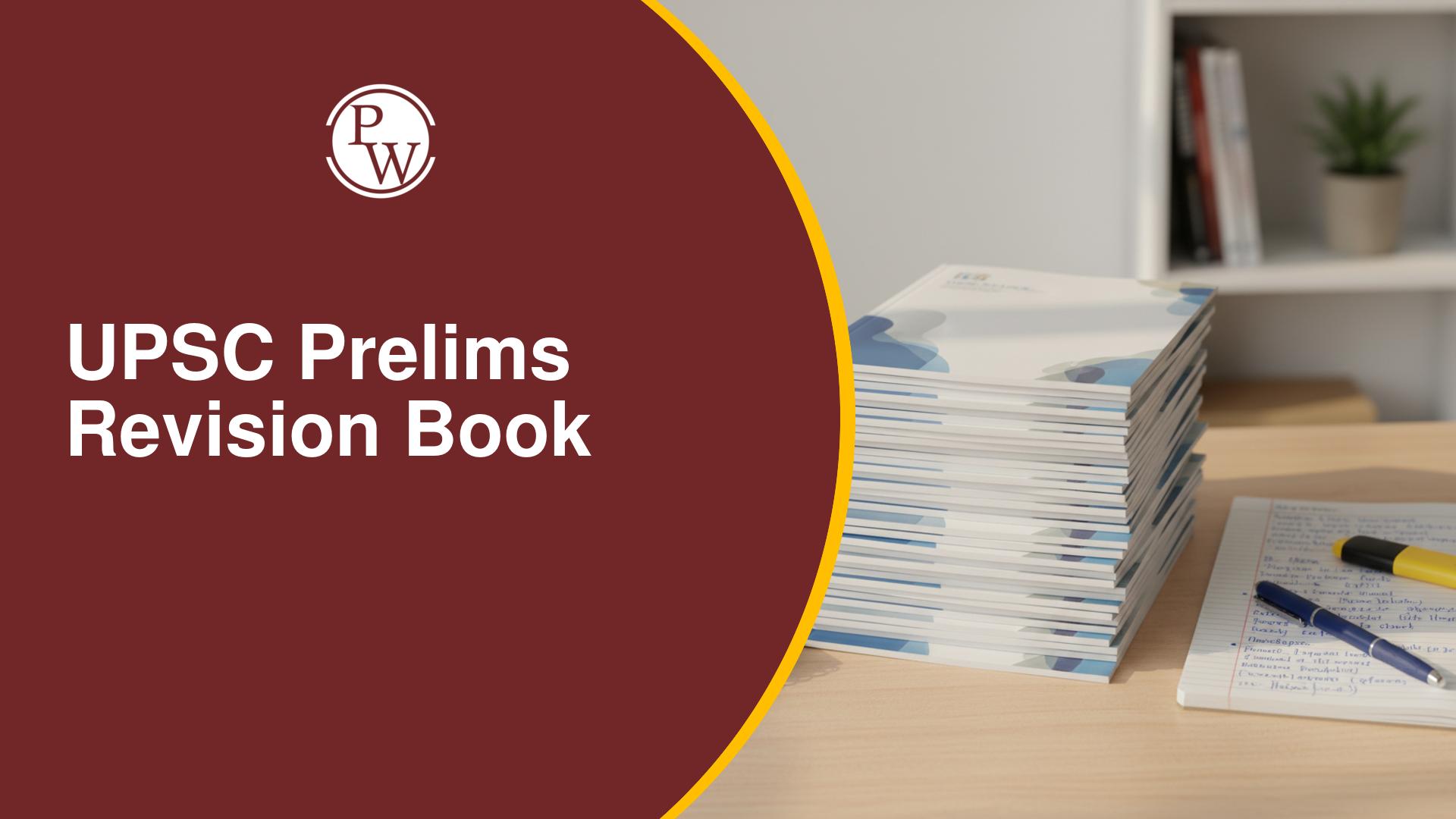
UPSC CSE Notes 2024: Preparing for the UPSC Civil Services Exam (CSE) is a challenging task. It requires a deep understanding of various subjects, from current affairs to core concepts of Indian polity and history. One of the most effective ways to enhance your study and revision process is by using UPSC CSE notes, including specialized notes for the Prelims and comprehensive coverage for the Mains. Get comprehensive notes for UPSC CSE prelims and mains from here.
Importance of UPSC CSE Notes
Are you wondering why good notes are crucial? Effective note-taking is vital for several reasons. Here are some of the reasons why you should study from UPSC CSE notes:- Enhanced Understanding: Simplifying complex topics into manageable notes enhances understanding and retention.
- Quick Revision: Well-organized notes allow for quick reviews before the exams, saving precious time and reducing stress.
- Personalized Learning: Notes tailored to your learning style can help reinforce weak areas and consolidate strong ones.
- Increases Efficiency: Effective note-taking helps in categorizing information into themes and topics, making it quicker to locate and review specific content.
- Encourages Active Learning: The act of writing notes engages you actively with the material, prompting you to think about what you’re writing.
- Aids in Problem-Solving: Good notes provide not just factual information but can also include potential questions, model answers, and critical points of discussion.
IAS Study Material - UPSC CSE Notes for Prelims and Mains
Notes are an indispensable part of UPSC exam preparation. Whether they are handwritten or digital, ensuring that they are well-organized, concise, and regularly revised is key to effective studying. Here we have provided the UPSC CSE notes PDF links for the Prelims and Mains subject:How to Create Effective UPSC Prelims Notes?
UPSC Prelims notes should focus on brevity and fact-based information. Therefore, you should cover:- Current Affairs: Highlight recent news, important events, and updates.
- Static GK: Summarize static general knowledge that is factual and often asked in the prelims.
- Quick Facts: Dates, events, names, and figures that are essential for quick last-minute revisions.
- Bullet Points: Use bullet points to organize facts clearly.
- Charts and Tables: Implement visual aids to summarize and compare information.
- Mnemonics: Create mnemonics for remembering lists or sequences effectively.
How to Structure UPSC Mains Notes?
Mains examinations require a deeper understanding and the ability to analyze and present arguments effectively. However, UPSC Mains notes should include:- Comprehensive Coverage: Detailed notes on topics like Indian polity, world history, ethics, and international relations.
- Case Studies and Examples: Incorporate real-world examples and case studies to substantiate your points.
- Analytical Points: Focus on critical thinking and analysis, especially for subjects like ethics and essay papers.
- Mind Maps: Use mind maps to connect ideas and themes for comprehensive subjects.
- Flowcharts: They help in understanding processes and sequences, crucial for subjects like economics and polity.
- Tabulation: Compare different theories, pros and cons, and causes and effects in tabulated forms for clarity.
UPSC CSE Notes FAQs
How often should I revise my UPSC CSE notes?
Ideally, revise your notes regularly, at least once every two months, to keep the information fresh in your mind.
Can digital notes be as effective as UPSC handwritten notes?
Yes, digital notes are equally effective if organized well and can be very convenient for searching and updating information.
How detailed should my UPSC Mains notes be?
They should be detailed enough to cover all significant aspects of the topic but concise enough to allow for quick revisions.
What is the best way to structure notes for current affairs?
Organize current affairs notes chronologically and categorically (by subject) to ease revision and retrieval.
Should I make separate UPSC notes for Prelims and Mains?
Yes, due to the different nature of both exams, it’s advisable to tailor your notes specifically for Prelims and Mains.
Talk to a counsellorHave doubts? Our support team will be happy to assist you!

Check out these Related Articles
Free Learning Resources
PW Books
Notes (Class 10-12)
PW Study Materials
Notes (Class 6-9)
Ncert Solutions
Govt Exams
Class 6th to 12th Online Courses
Govt Job Exams Courses
UPSC Coaching
Defence Exam Coaching
Gate Exam Coaching
Other Exams
Know about Physics Wallah
Physics Wallah is an Indian edtech platform that provides accessible & comprehensive learning experiences to students from Class 6th to postgraduate level. We also provide extensive NCERT solutions, sample paper, NEET, JEE Mains, BITSAT previous year papers & more such resources to students. Physics Wallah also caters to over 3.5 million registered students and over 78 lakh+ Youtube subscribers with 4.8 rating on its app.
We Stand Out because
We provide students with intensive courses with India’s qualified & experienced faculties & mentors. PW strives to make the learning experience comprehensive and accessible for students of all sections of society. We believe in empowering every single student who couldn't dream of a good career in engineering and medical field earlier.
Our Key Focus Areas
Physics Wallah's main focus is to make the learning experience as economical as possible for all students. With our affordable courses like Lakshya, Udaan and Arjuna and many others, we have been able to provide a platform for lakhs of aspirants. From providing Chemistry, Maths, Physics formula to giving e-books of eminent authors like RD Sharma, RS Aggarwal and Lakhmir Singh, PW focuses on every single student's need for preparation.
What Makes Us Different
Physics Wallah strives to develop a comprehensive pedagogical structure for students, where they get a state-of-the-art learning experience with study material and resources. Apart from catering students preparing for JEE Mains and NEET, PW also provides study material for each state board like Uttar Pradesh, Bihar, and others
Copyright © 2026 Physicswallah Limited All rights reserved.









